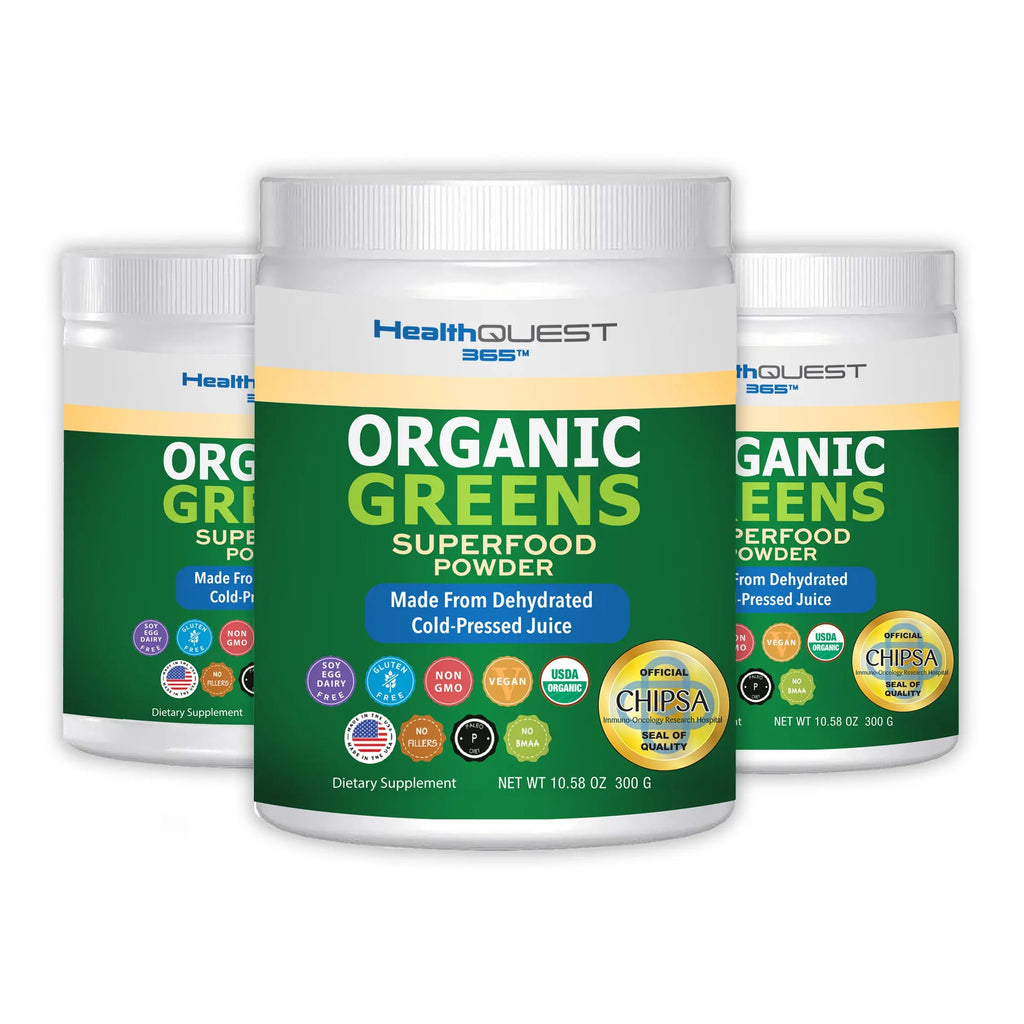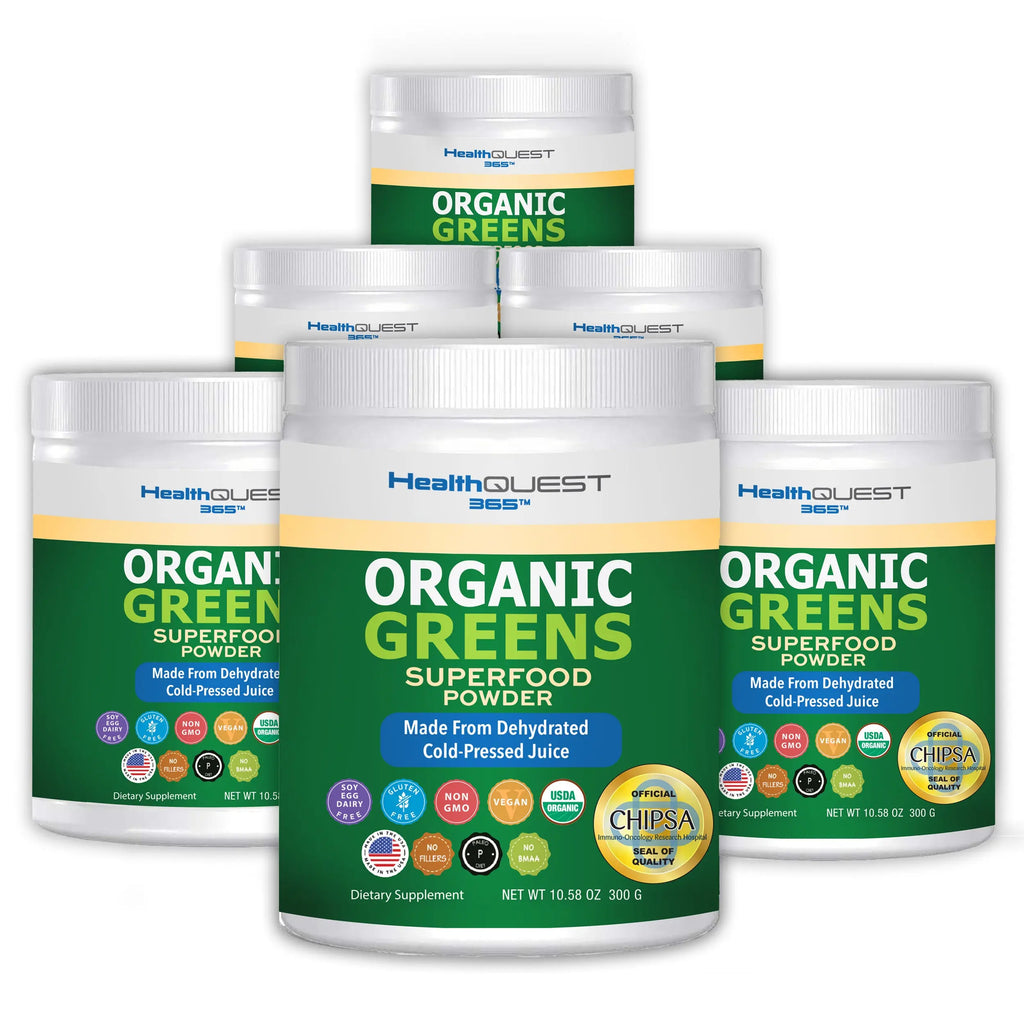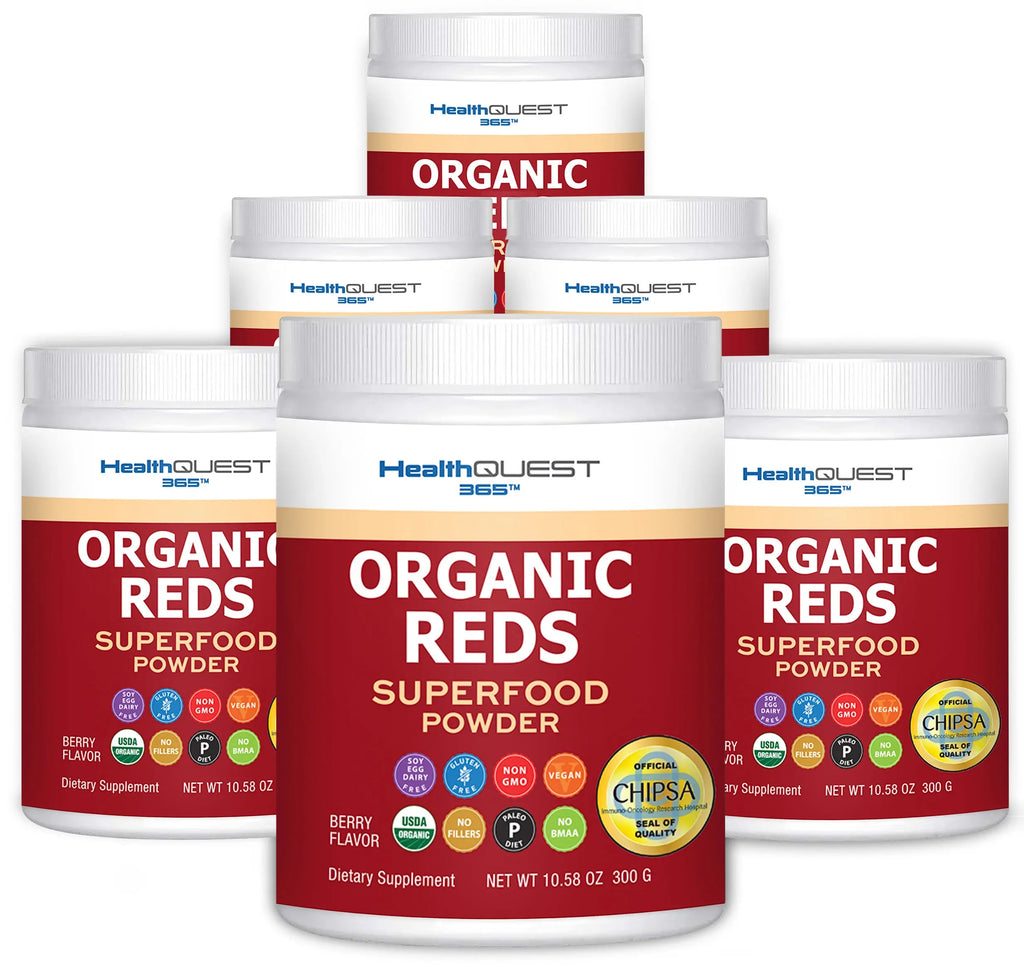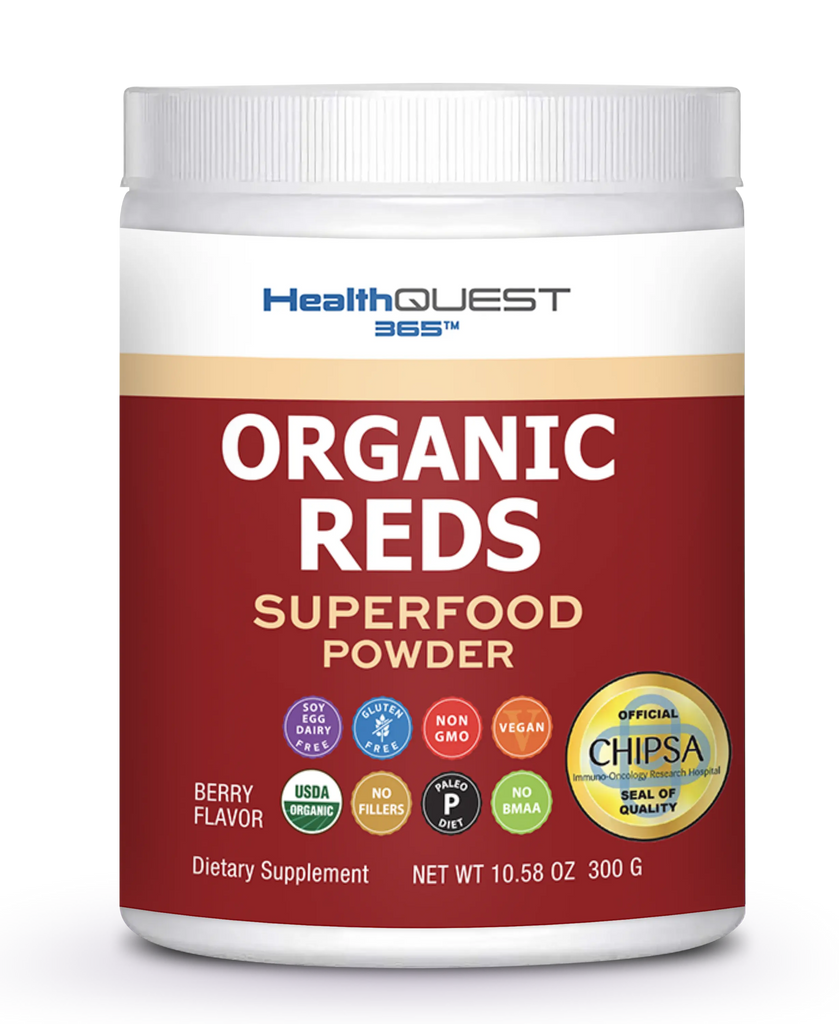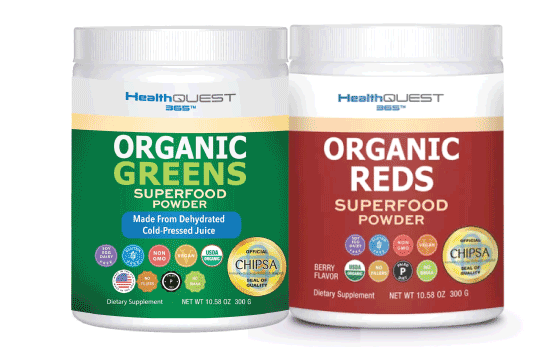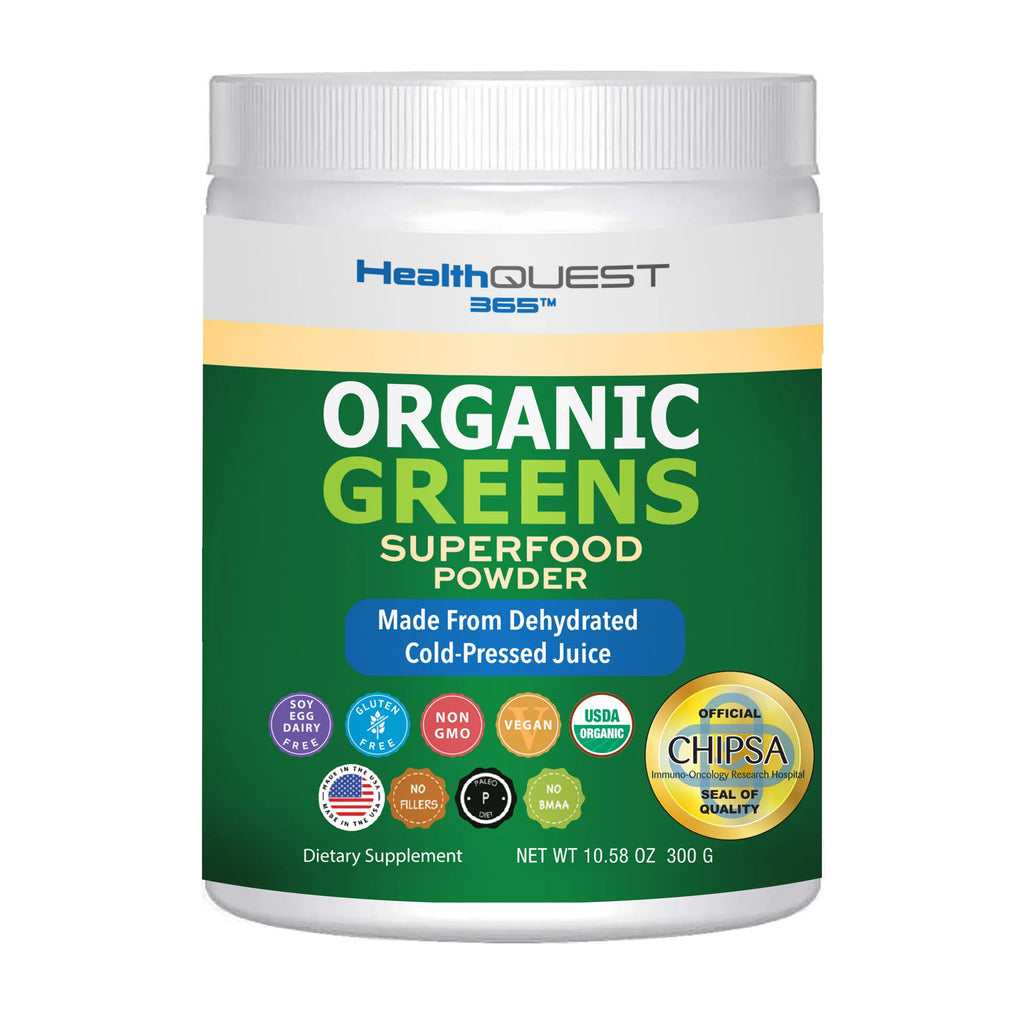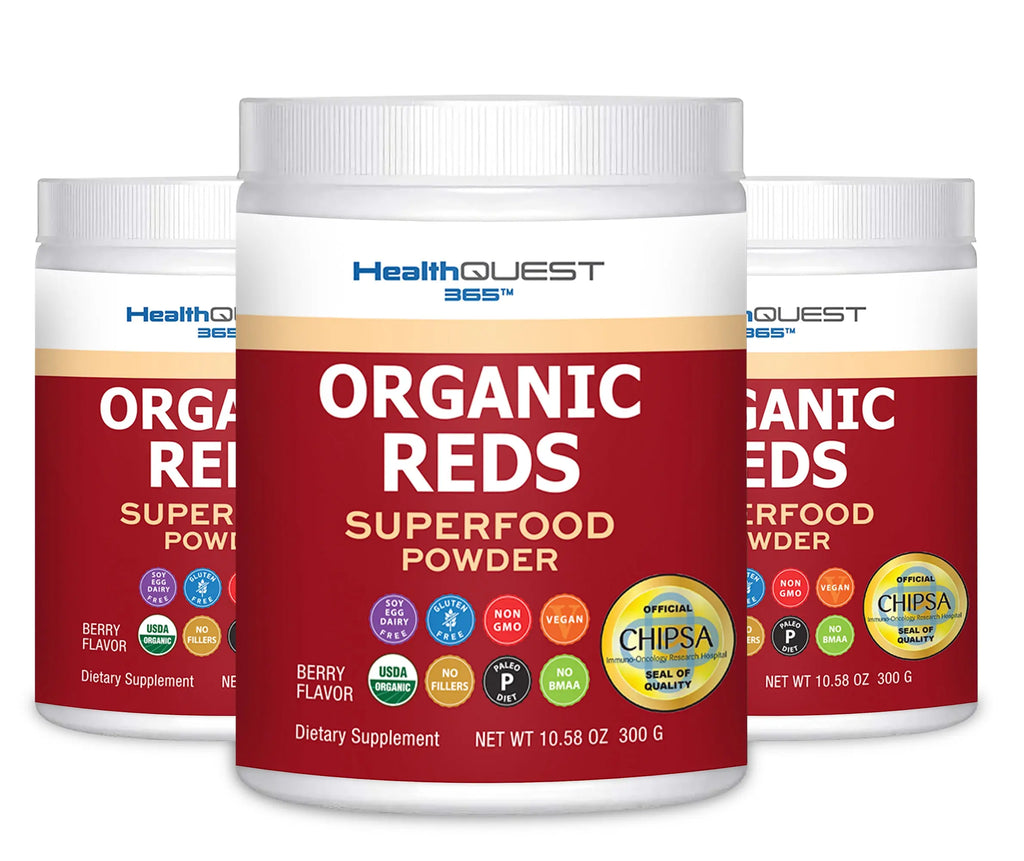It’s about health. It’s about healthy lifestyle. It’s about family™

Revolutionary Nutritional Hacks to Lower Cholsterol Levels That Your Heart Will Thank You For !
Have you been stressed about high cholesterol levels lately ? Understanding the role that nutrition plays in maintaining healthy cholesterol levels can be your secret weapon against conditions such as heart disease.
Having a well-planned nutritional roadmap not only helps in the treatment but also in the prevention of high cholesterol.

UNDERSTANDING CHOLESTEROL LEVELS: THE GOOD VS THE BAD
Cholesterol is usually viewed with negativity. However, it is vital for our bodies in moderate amounts. Unfortunately, it could potentially open doors to various health issues when its levels skyrocket.
"Good cholesterol" refers to HDL (High-Density Lipoprotein). It:
Helps remove other forms of cholesterol from your bloodstream
Lowers the risk of clogged arteries and heart disease
"Bad cholesterol" refers to LDL (Low-Density Lipoprotein). It can build up in the arteries and plaques that can lead to heart disease or stroke.
A healthy balance between the two is important for cardiovascular health.
NUTRITION AND CHOLESTEROL
A balanced diet lays the foundation for maintaining cholesterol at healthy levels. Consuming foods high in saturated and trans fats can raise your LDL cholesterol.
On the other hand, eating foods rich in soluble fiber, omega-3 fatty acids, and unsaturated fats is beneficial. It can:
-
Increase your HDL cholesterol
-
Lower LDL cholesterol
These include fruits, vegetables, whole grains, fatty fish, and nuts. Limiting processed and fried foods can also help maintain healthy cholesterol levels.

Give You ALL Our Best Workbooks
Get all the Best Workbooks + Action Guides from our expert
FOODS THAT HELP LOWER CHOLESTEROL
Some of the best foods for managing cholesterol include:
-
Oats and Whole Grains. They're rich in soluble fiber, which can lower LDL cholesterol.
-
Fatty Fish. Contains omega-3 fatty acids that can increase HDL cholesterol. It can also lower overall cholesterol levels.
-
Almonds and other Nuts. Rich in monounsaturated fats. Can help lower LDL cholesterol and raise HDL cholesterol.
-
Avocados. High in monounsaturated fats and fiber. Both can help lower LDL and raise HDL cholesterol.
-
Olive Oil. Contains heart-healthy monounsaturated fats that can lower bad LDL cholesterol.
-
Berries and Fruits. Packed with soluble fiber and antioxidants. Can lower LDL cholesterol levels.
-
Soy Foods. Can help lower LDL cholesterol slightly when eaten as part of a heart-healthy diet.
-
Vegetables. Particularly leafy greens, contain lutein and other carotenoids linked to a lower risk of heart disease. They are also high in fiber and low in calories, which can help manage cholesterol.
FOODS TO AVOID FOR HIGH CHOLESTEROL
Based on a variety of sources, the key foods that are detrimental to cholesterol management include:

-
Red Meat. Beef, pork, and lamb can be high in saturated fat. This can raise your cholesterol levels.
-
Fried Foods. They are often cooked in hydrogenated oils, which are high in trans fats. This can contribute to higher LDL cholesterol levels.
-
Processed Meats. Foods like bacon, hot dogs, and sausage are processed from the fattiest cuts of red meat, making them high in saturated fat, which can raise cholesterol levels.
-
Dairy Products Made from Whole or Reduced-Fat Milk. These can be high in saturated fats, raising cholesterol levels.
-
Foods High in Trans Fats. This includes baked goods, margarine, and other packaged foods. Trans fats increase LDL cholesterol and lower HDL cholesterol.
-
Saturated Vegetable Oils. Coconut oil, palm oil, and cocoa butter can increase LDL cholesterol levels.

FREE "Mystery Gift"?
Let me stay in touch with you via email and as a thank you - get this FREE gift.. Something others paid over $1,000 for.
(True story)
DESIGNING A CHOLESTEROL-FRIENDLY MEAL PLAN
Creating a cholesterol-friendly meal consists of:
-
Implementing more of the cholesterol-lowering foods
-
Reducing or eliminating the cholesterol-raising ones
-
Strategizing how each meal and snack throughout your day is made up
COMPONENTS OF A HEART-HEALTHY MEAL
A heart-healthy meal should include:
-
Lean Proteins. Such as chicken, fish, lentils, and legumes.
-
Whole Grains. Like brown rice, oatmeal, or whole grain bread.
-
Fruits and Vegetables. A variety for a wide range of vitamins, minerals, and fiber.
-
Healthy Fats. Found in avocados, nuts, seeds, and olive oil.
-
Low Sodium. Limit processed foods and don't add extra salt.
QUICK AND EASY MEAL PREP GUIDELINES
-
Plan Ahead. Decide on your meals for the week before you go grocery shopping.
-
Shop Smart. Buy fresh produce, lean proteins, whole grains, and healthy fats.
-
Batch Cook. Prepare large quantities of basic ingredients like grilled chicken, brown rice, or roasted veggies to mix and match throughout the week.

-
Portion Control. Divide meals into individual containers to avoid overeating.
-
Use Shortcuts. Pre-cut vegetables, canned beans, or rotisserie chicken can save time.
-
Keep It Simple. Choose recipes with few ingredients that are quick to prepare.
-
Freeze Extras. If you make too much, freeze portions for future meals.

INTEGRATING EXERCISE AND LIFESTYLE HABITS
Proper nutrition coupled with regular physical activity is the perfect synergy for managing cholesterol levels.
Regular exercise helps increase the level of 'good' cholesterol. At the same time, it helps lower 'bad' cholesterol in your blood. By doing so, it aids in:
-
Maintaining a healthy balance
-
Preventing the buildup of cholesterol in your arteries
-
Reducing the risk of heart disease
Additionally, physical activity can aid in weight management, which is also beneficial for maintaining optimal cholesterol levels. From brisk walking to high-intensity interval training, incorporating a variety of exercises into your routine can contribute significantly to cholesterol management.
You can also consider the lifestyle changes:
-
Quit Smoking. Smoking lowers good HDL cholesterol and damages blood vessels.
-
Limit Alcohol. Excessive drinking can raise cholesterol levels.
-
Manage Stress. Chronic stress may indirectly influence cholesterol levels by impacting your habits.
-
Maintain a Healthy Weight. Losing excess weight can help lower overall cholesterol.
-
Stay Hydrated. Drinking plenty of water aids in digestion and nutrient absorption.
-
Regular Check-ups. Regular health screenings help keep track of your cholesterol levels.
SUPPLEMENTS AND MEDICATION
In some cases, diet and exercise may not be enough. Your healthcare provider may recommend certain supplements or medication to help manage your cholesterol.
Medication for cholesterol management is typically necessary when:
LIFESTYLE CHANGES AREN'T ENOUGH
Despite a healthy diet and regular exercise, some individuals may still have high cholesterol due to genetic factors.
HIGH RISK OF HEART DISEASE
Individuals with a history of heart disease or other risk factors may require medication.
VERY HIGH LDL LEVELS
If LDL cholesterol levels are extremely high, medication may be needed in conjunction with lifestyle changes. Always consult with a healthcare professional for personalized advice.
CONCLUSION
Making nutritional adjustments to lower cholesterol doesn’t mean you have to abandon your favorite foods. It’s all about creating a balance that suits your preference while aligning with your health goals.
Want to boost your nutrition for cholesterol management? Check out Health Quest 365's Organic Greens 365 and Organic Reds 365 today!
FREQUENTLY ASKED QUESTIONS
Significant changes in cholesterol levels can often be seen within 4-6 weeks of dietary changes.
Yes, it is possible for cholesterol to be too low. High cholesterol levels can lead to heart disease, but extremely low levels might also be a concern.
While eggs do contain cholesterol, most recent research suggests that they don't have as much of an impact on as was once thought.
You can try oatmeal with berries, grilled salmon and quinoa salad, vegetable stir-fry with tofu, avocado and turkey wrap, and almond butter and banana smoothie
Yes, losing weight can help lower cholesterol. Excess weight contributes to higher levels of LDL and triglycerides and lower HDL (good) cholesterol.

